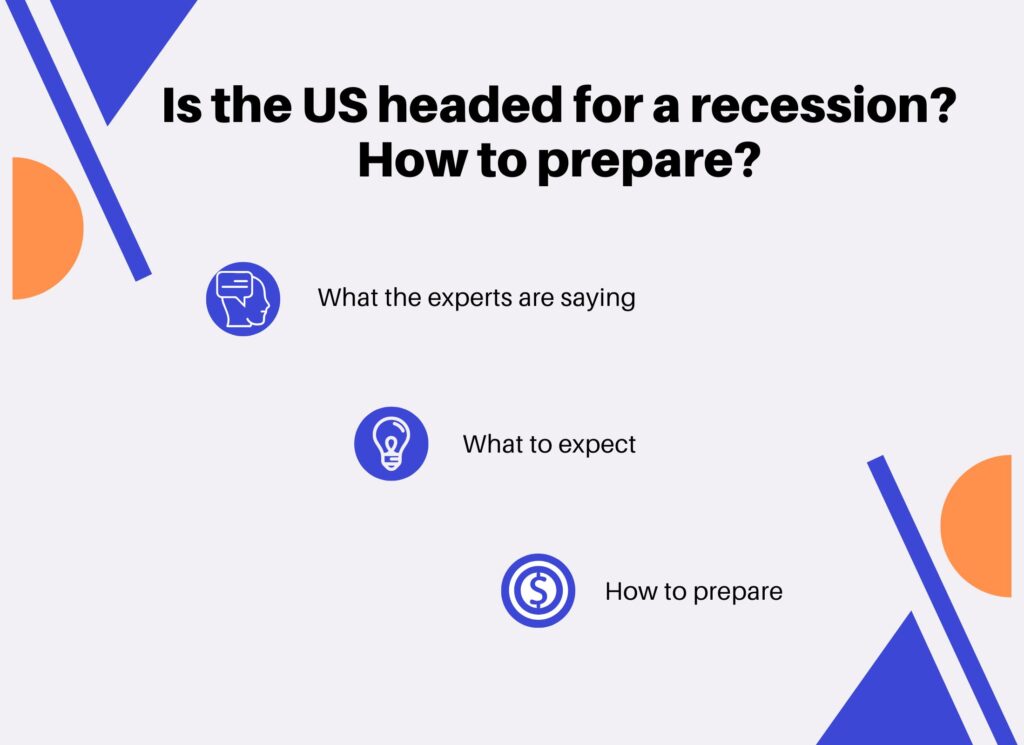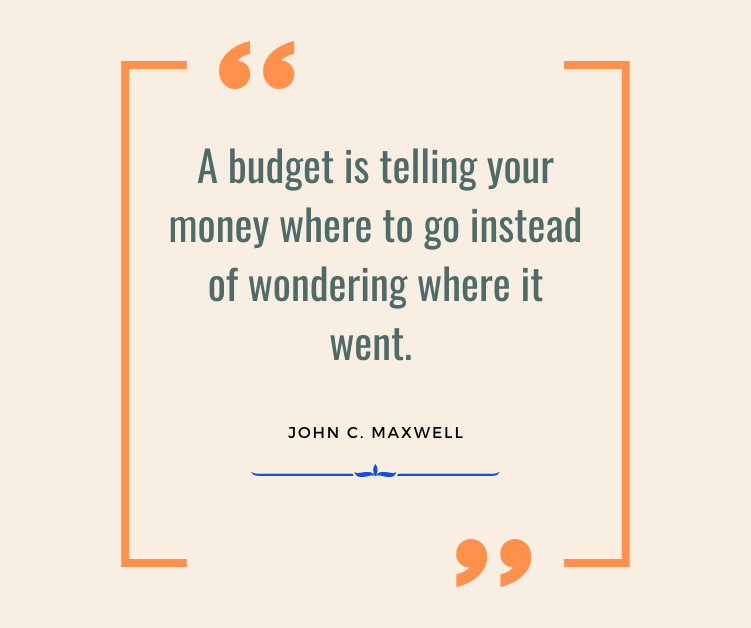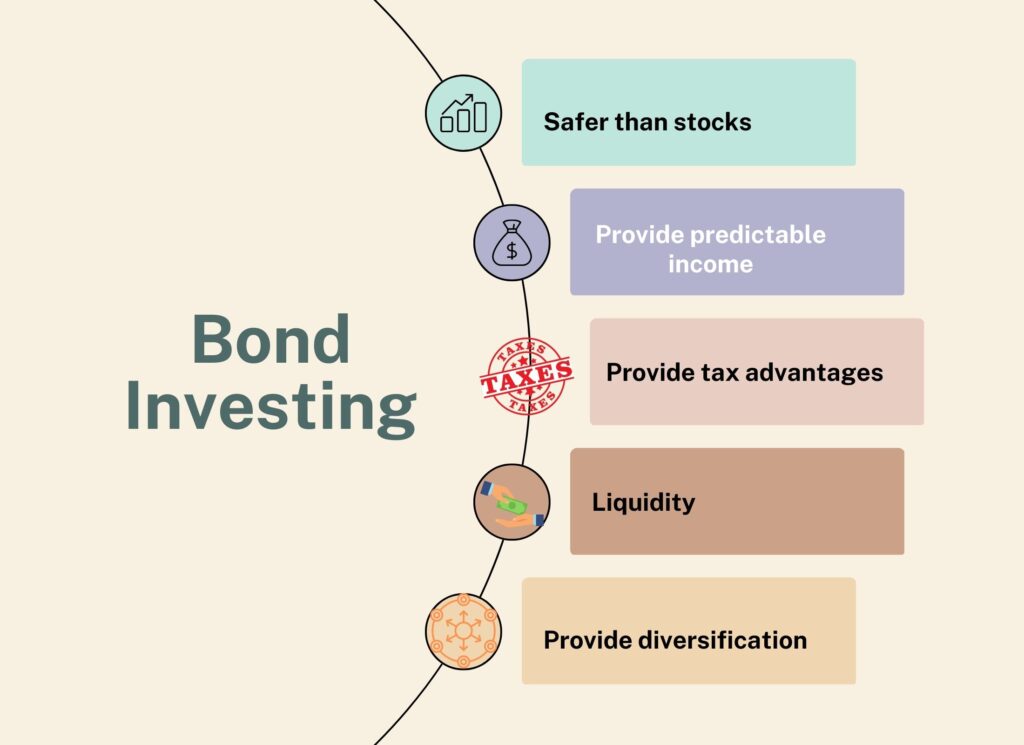A recession may seem very likely for 2023 and early 2024, but what do the professional forecasters predict? Before we get into the details of the latest professional forecasters survey result, you should know that predicting a recession is tough. Economists often fail to do so because forecasting business cycles and the general economy is complex.
In simple terms, the results from the survey of professional forecasters released on February 10, 2023, predict that the unemployment rate will increase from 3.5 percent this quarter to 4.4 percent in the fourth quarter of 2023 and that CPI inflation will average 3.3 percent at an annual rate.
However, there are divided opinions regarding how the Federal Reserve will handle interest rates, the impact of China’s reopening on global inflation, and the looming debt ceiling.
On the other hand, according to recent data, the economy is doing well; the job market is stronger today than in February 2020, before the pandemic. More people are working and paid more. In January, more than a half-million jobs were added to the labor force, decreasing the unemployment rate to 3.4%, the lowest level since 1969. Even inflation is improving at 4.98%, compared to 8.54% last year.
What is a recession?
According to The National Bureau of Economic Research (NBER), “a recession is a significant decline in activity spread across the economy, lasting more than a few months, visible in industrial production, employment, real income, and wholesale-retail trade.”
What can cause a recession?
Different events can cause a recession or a combination of them, such as disruptions to the supply chain, a financial crisis, a world event, or inflation. We see some of these causes in the current economy. For instance, we have been dealing with high inflation for several months and supply disruption due to the war in Ukraine and the coronavirus pandemic.
What happens during a recession?
During these periods, companies’ sell decrease, and they make little to no money. Many companies are forced to lay off significant portions of their staff to stay afloat and cut rising costs. As a result, unemployment increase, and hiring slows down. This makes it difficult for unemployed people to find a new jobs. Also, the economy’s growth stop, and inflation may increase. This makes people retrain themselves from spending as they lose economic confidence.
Our investment portfolio also pays the price of a recession because the stock market and real estate tend to lose money. Consequently, investment accounts like 401ks and IRAs tend to suffer. Moreover, Banks and other lending corporation may increase their lending requirements, resulting in less credit card and personal loan approval.
Why may a recession happen this year?
Some economists predict that rising interest rates will slow down the economy because it decreases consumer and corporate spending. Also, borrowing becomes tighter and more expensive for businesses leading to layoffs, fewer jobs, and a possible bank crisis. Regular people also pay the price as mortgages, auto loans, and credit card borrowing become more expensive. This is on top of the already high inflation affecting every area of our lives.
Forecasters also use economic models to estimate the probability of a recession. They use the recent inflation, consumer sentiment, and unemployment data to analyze the economic future.
How should you prepare
While a recession doesn’t happen often, it is part of any economy, and the key is being prepared. We all should be ready financially to face this and other challenges. Here are four ways you can prepare.
Pay outstanding debts
Debts weigh down your income, and it gets worse in a recession. Paying down your debts frees up your money for something else, like an emergency fund or to cover your four walls – Rent, food, clothes, and transportation.
Save for an emergency fund.
It is essential to have an emergency fund of six to eight months of your monthly expenses. You’ll need it if you lose your job and your income stops flowing. Building your emergency fund will give you a cushion in many situations, including during a recession. Remember to only touch your fund for emergencies and rebuild it as soon as your financial situation improves.
Have a budget
Creating a budget every month is one of the most crucial steps in managing your finance. A budget gives you a clear picture of where your money is going and gives you control of your finance. With a budget, you decide where to spend every dollar, and you know how much money is coming in every month and how much you are spending. It creates awareness of your spending and how you are doing financially. Don’t skip this step!
Stay on top of your financial situation.
A recession is a very stressful time for many people. We don’t know when, but we are sure it will eventually happen as this is part of our economy. Therefore, be proactive and prepared by maintaining healthy financial habits Such as budgeting, saving, and investing. Try to live with less than you make and save the difference. Saved money will give you a soft landing during any difficult time.




